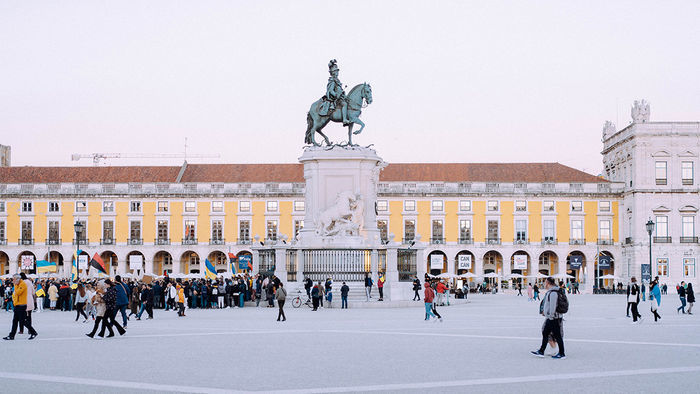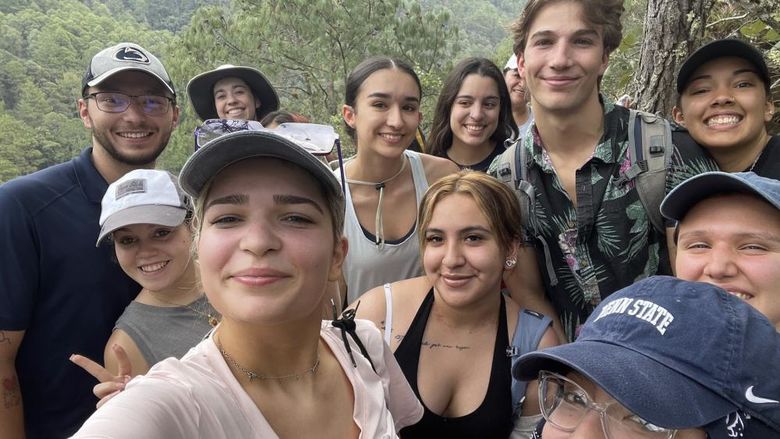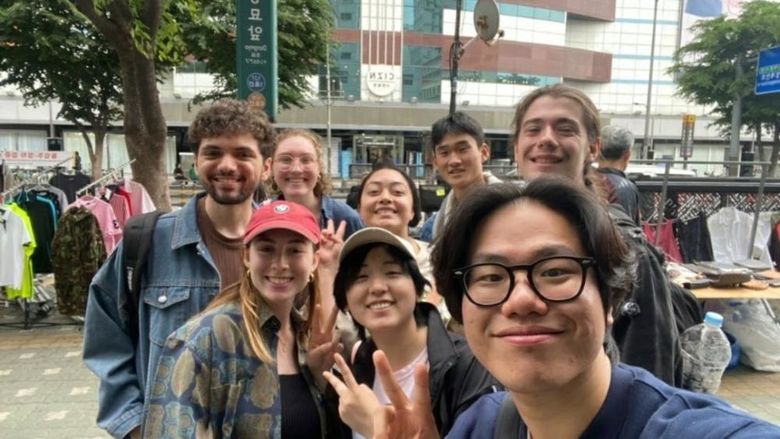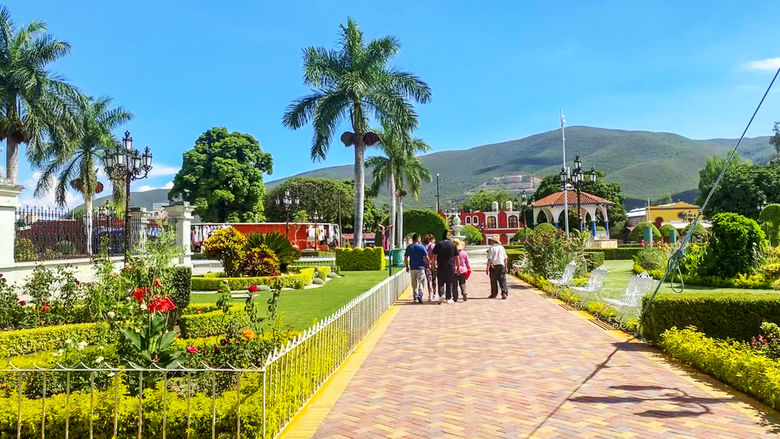
Praça do Comércio
MEDIA, Pa. — Penn State students have the opportunity to travel to Lisbon, Portugal, for spring break in three courses: “The Science of Music in Lisbon,” taught by Associate Professor of Psychology and Linguistics Evan Bradley; “Travel Writing in Lisbon,” taught by Assistant Teaching Professor of English Debbie Ousey; and “Understanding Social Problems in Cross-Cultural Perspective,” taught by Associate Teaching Professor of Human Development and Family Studies Laura Evans.
This spring break study-abroad program is embedded into the aforementioned courses that will take place throughout the spring semester. All courses include pre-travel work to give students a cultural introduction to Portugal. The program as a whole is designed to give students the chance to learn and experience a new culture while having the opportunity to travel during the academic year.
Students who attend this study-abroad trip will stay in Hotel Avani and engage in guided tours and visits to historic and cultural sites during the day while experiencing Lisbon’s nightlife in the evening. Students will also receive travel passes for unlimited public transportation each day and embark on two guided tours on behalf of Celestial Voyagers, the trip facilitator.
Paul Greene, professor of ethnomusicology and integrative arts at Brandywine and one of the faculty leads for the trip, said this program is a great opportunity for students to experience the world and develop a relationship with travel.
“As students travel with study abroad programs, they’ll probably travel more as a result after graduating from college because of how the experience impacted them,” said Greene.
“They become more globally aware and more globally engaged citizens. We’ve had folks write to us saying their study-abroad experience helped them get jobs after graduating; it made them stand out in the job pool. Certainly, they’re taking a course and getting the credits, but I think the value goes far beyond that.”
Greene went on to explain how visiting Lisbon allows students to learn about Portugal’s history as well as world history.
“Portuguese globalization was an early, large globalization that took place, happening even before the British began to colonize parts of the world,” he noted.
“For a long time, Portuguese imperialism was a thing. Brazil took shape because of this. Going to Lisbon is also going to the center of where it all happened: the good, the bad, the powerful, the important, and a really special kind of opportunity that way. If we think about the globalization happening now, it can be useful to look at the last iteration.”
Scholarships are available for students interested in studying abroad in Lisbon. For additional information about the trip, please contact Paul Greene at [email protected]. The deadline to register and pay for this course is Jan. 10. Learn more about the program at this link.




